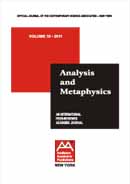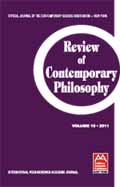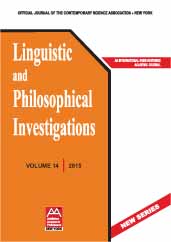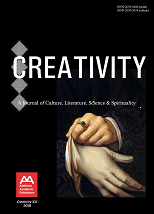Creativity
Frequency: 2 issues / Country: United States
Creativity offers a platform for inter- and transdisciplinary research, with two equal priorities: 1) for explorations of the “frontiers” of literary & scientific creativity, of artistic & technological creativity, of linguistic & paralinguistic (nonverbal) creativity, of natural & artificial creativity, of material & spiritual (intellectual) creativity, of exceptional & everyday creativity, of feminine & masculine creativity, of personal & interpersonal (group) creativity, of paradigm-preserving, paradigm-recovering & paradigm-shifting creativity, of cultivated & serendipitous creativity, of time-dependent & time-independent creativity, of space-dependent & space-independent creativity, as well as of other forms of creativity as manifested in various fields of activity having a creative vector, such as sports and other play forms, the mass media, education and other formative institutions, politics and other leadership forms, the movie industry and other systems of value-making, etc. – marginal areas, with research in a “vertical” approach; 2) for explorations of the “canon” of literary & scientific creativity, artistic & technological creativity, of linguistic & paralinguistic (nonverbal) creativity, & the other forms of creativity mentioned above – central areas, with research in a “horizontal” approach.
While being a philology-based cross-disciplinary research platform for frontiers and centers of creativity, Creativity has as its main focus the following major areas: nature & culture & language (including popular culture and social phenomena with a creative vector), literature, science, art and spirituality. The aim of the present research platform is reaching an insightful, clear, ample and deep understanding of reality, with a view to creating, preserving & recovering human values. The fields addressed (alphabetically arranged): anthropology; creativity studies; history of ideas; literary & art studies; philology; philosophy; psychology; science & technology studies; science-fiction & fantasy studies; spirituality.
More...






